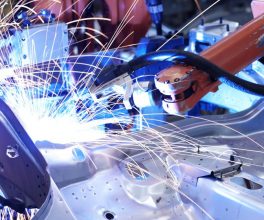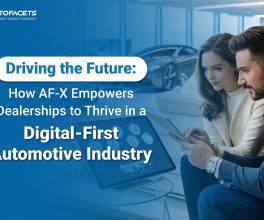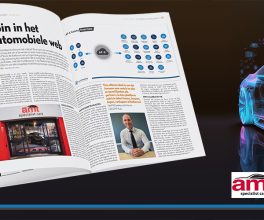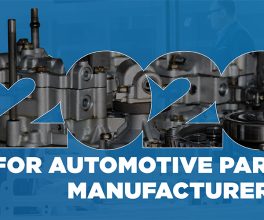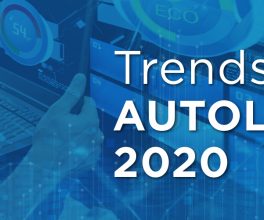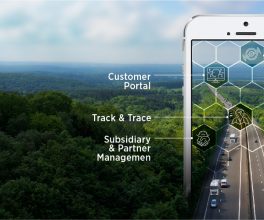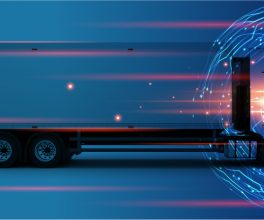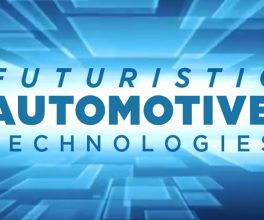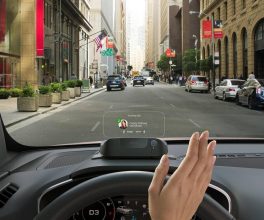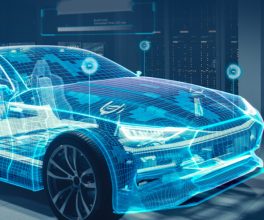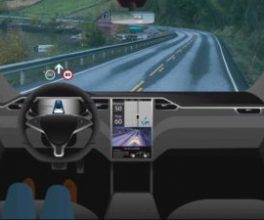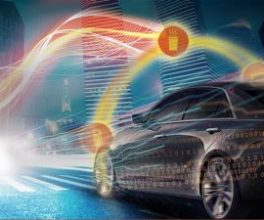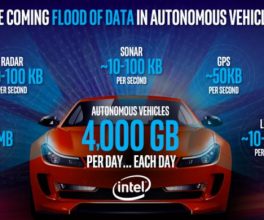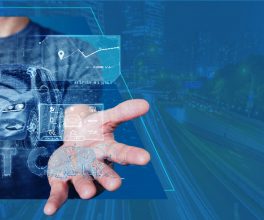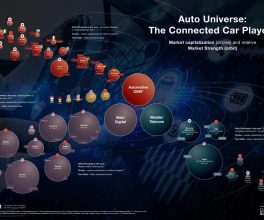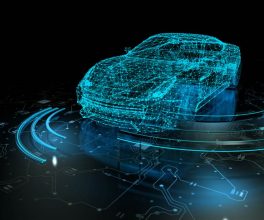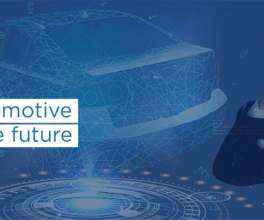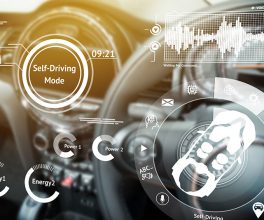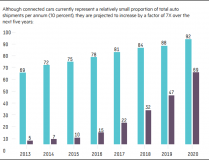Artificial intelligence (AI) systems, blending data and advanced algorithms to mimic the cognitive functions of the human mind, have begun to simplify and enhance even the simplest aspects of our everyday experiences — and the automotive industry is no exception. A Tractica market intelligence studyforecasts that the demand for automotive AI hardware, software, and services will explode from $404 million in 2016 to $14 billion by 2025.
The cars of the (near) future
Semi-autonomous and fully autonomous vehicles must heavily rely on AI systems to guide the dependability of their fail-safe navigation and earn the trust of drivers and passengers. Accordingly, we’re seeing significant AI-related investment for self-driving cars from across the design space, with players including Tesla, Google, and Mercedes-Benz. In February 2017, Ford invested $1 billion — Detroit’s biggest investment yet — in the self-driving car startup Argo AI, which was founded by a partnership between two top engineers from Google and Uber.
Tesla founder Elon Musk speculates that AI will surpass solely human-based efforts by the year 2030. In a Twitter response to a research paper that hypothesizes the human race will be overtaken by AI-equipped robots by 2060, Musk mused, “Probably closer to 2030 to 2040 in my opinion.” People frequently cite but critically underestimate the speed at which machine learning is helping data sets refine accuracy and displace user-based error to deliver clean and distraction-free processes safely. The speed at which these efficiencies are turning into improvements in our everyday lives is not something we’re having to wait long to experience at all — it’s happening faster than many continue to project.
The technology structure supporting AI development is finally realizing its potential after decades of computer intelligence development. For the first time, we’re approaching the creation of artificial “general” intelligence that allows machines to successfully perform intellectual-level tasks that could previously only be executed by humans. Thanks in large part to modern algorithms implementing multi-layered intelligence, the technology can take action on complex decisions based on advanced-level strategic and tactical considerations.
Smarter marketing with AI
While self-driving cars and complex decision-making are the prime use cases for modern AI, the auto industry continues to search for new ways to engage customers through existing and new channels. AI provides a completely new set of tools to better understand customer behavior and deliver an optimally personalized auto purchase and finance experience.
With advanced analytics, companies can better understand data, discovering insights and generating reliably predictive models for their customers. The value of machine learning is rooted in its ability to create accurate models that can guide future actions and rapidly identify patterns at a scale that was not achievable before. Machine learning methods are particularly applicable when it comes to powering new insights within the auto industry because the data sets are large, diverse, and change quickly. Applying machine learning to auto industry data is a game-changer, showing us iterative new connections that were previously unknown and unknowable.
Disrupting the car buying experience
For consumers, any new car purchase can be an emotional experience. However, most people still need to operate within their fixed monthly budget. According to Experian Automotive, more than 80 percent of new vehicles sold across the country are either loaned or leased. Of these transacting customers, more than 70 percent found it challenging to gather financing information before visiting a dealership, short-stopping their early purchase-driven research and forcing them to change research modes from online to in-person. Moreover, online calculators available today that offer monthly installment estimates aren’t tailored to customers, with their own highly unique credit histories, which leaves prospective buyers less than confident in their next steps.
The current process for vehicle financing poses challenges for dealers and financial institutions alike. Many customers who walk into dealerships remain unaware of which vehicle they can truly afford; therefore, dealers end up explaining and calculating the best possible deals for multiple car models prior to a customer deciding on a single vehicle, a process that can unfold over half a workday or more. In addition, car buyers often choose a lender based on dealer recommendations, which eliminates contact between other lenders and the prospective buyers to whom they may be able to offer a better match.
Unifying an outstanding car buying experience with a transparent, customer-friendly financing process is essential to powering the next chapter of future-thinking auto purchases. Given the vast selection of cars and finance providers available, machine learning has the potential to help car buyers quickly find the vehicles and financing options that are right for them, vastly simplifying their customer journey.
I’m passionate about the transformation that AI is bringing to the auto industry — in self-driving cars, but also in terms of fundamentally changing three major blocks of the supply chain: the way people shop, the way that dealerships sell, and the way that lenders finance auto purchases. AI has the potential to change all aspects of the auto industry — starting with more intelligent cars and ultimately creating a shorter and more frictionless transition from shopping to driving.
Author – MARTIN PRESCHER is the Chief Technology Officer at AutoGravity, where he leads a team of engineers and data scientists to develop secure and convenient car financing.
Courtesy of Venturebeat

